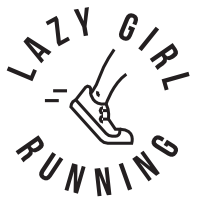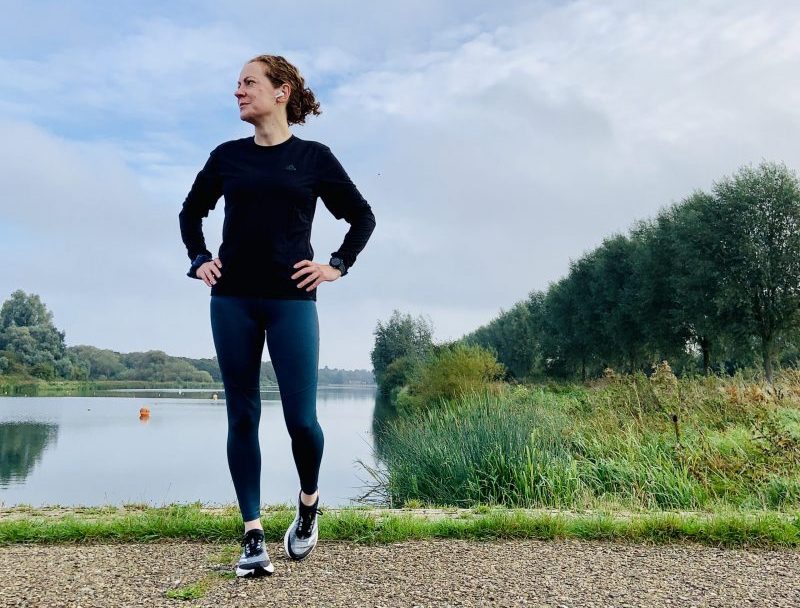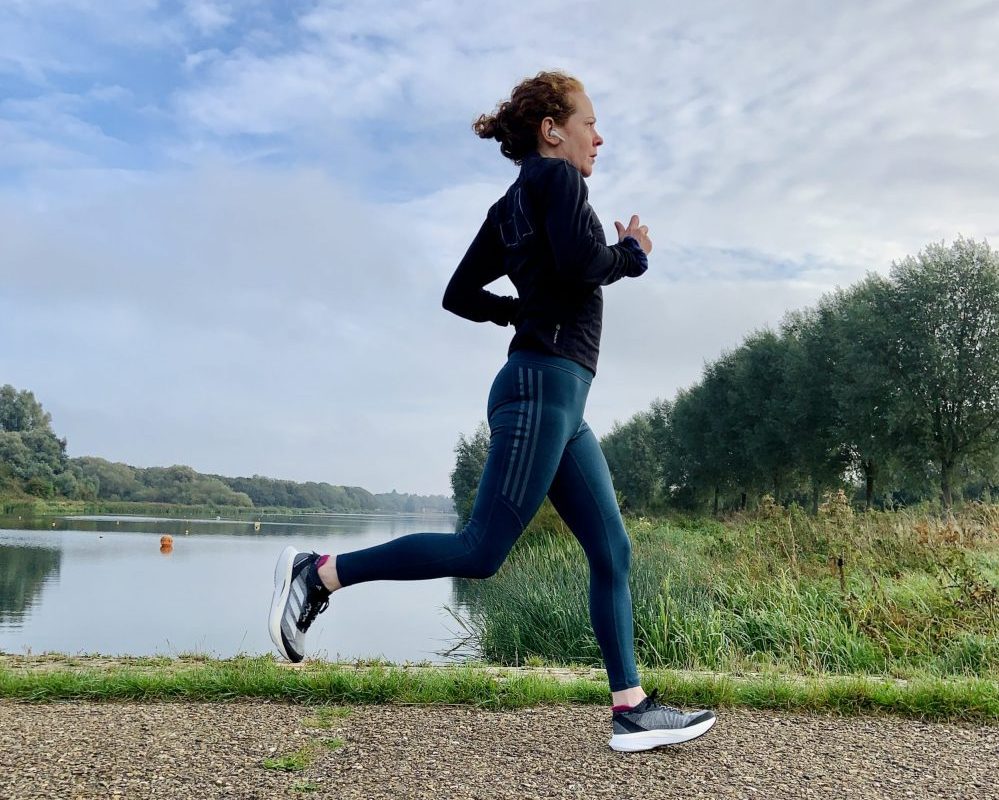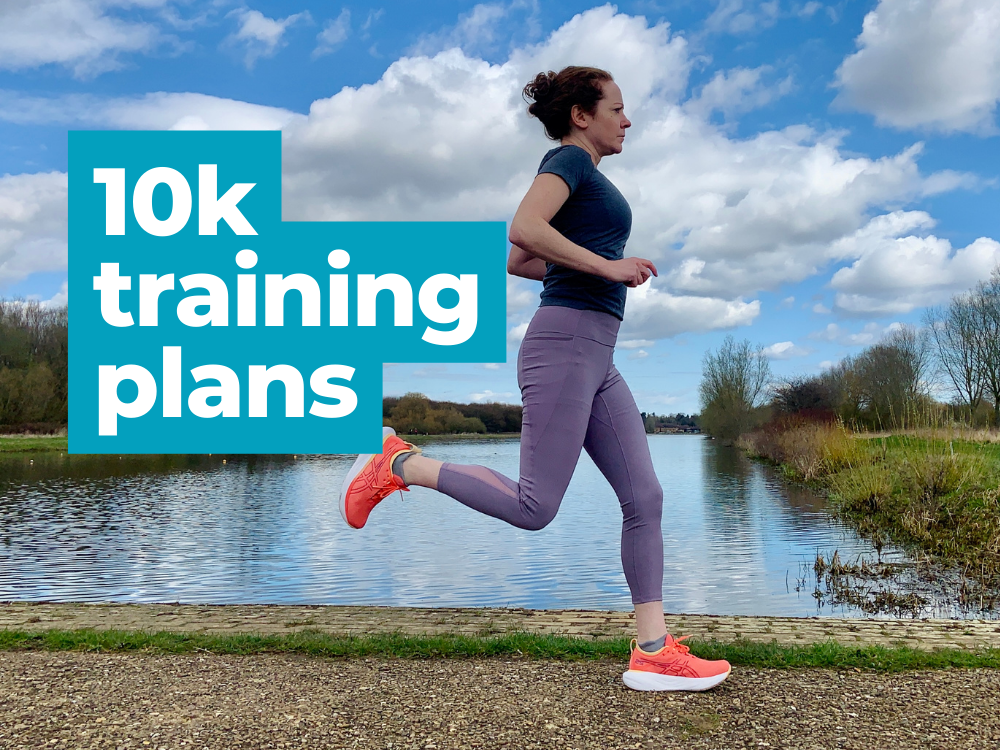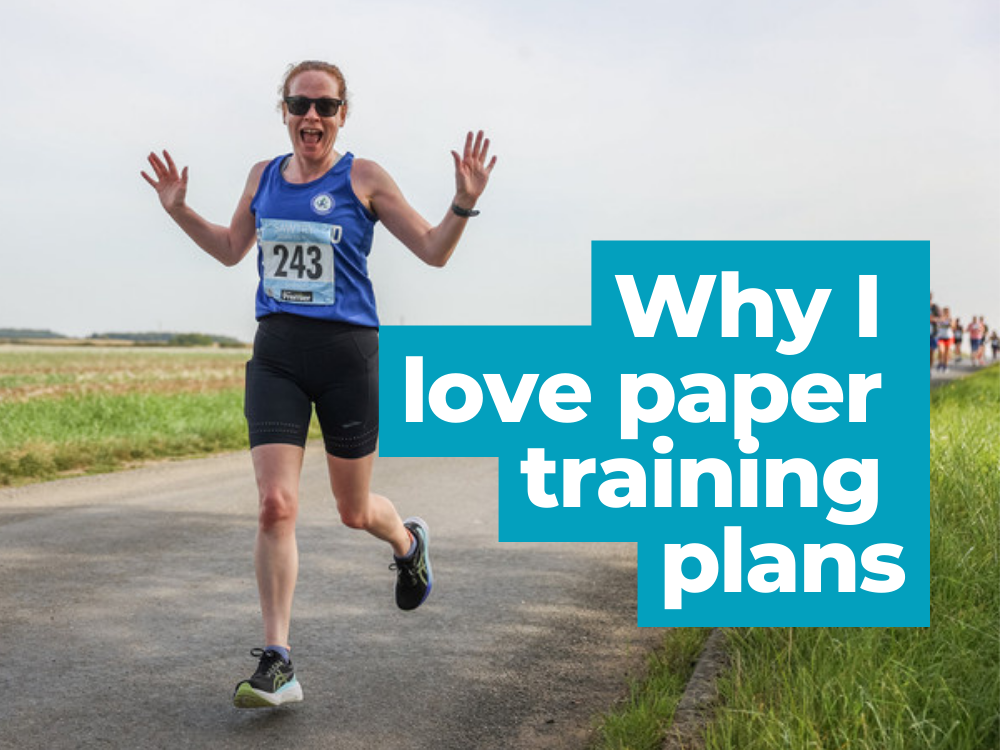I’m not a huge cycling fan, I only really watch the big events, but I do like watching the daily highlights of the Tour de France. This year it made me think a few things about running, and that was before Chris Froom ran 400m up a hill in cleats. So here they are…
You can’t win every day if you want to win the main event
Chris Froom has all but won the TdF again, but this year he won just two stages. That’s how it works. You win the overall race by putting in good performances day after day after day and having the fastest overall time, and that means not smashing it at every opportunity.
Say you’re training for a marathon, or any race really. Your training is the TdF and your marathon is that last ride into Paris. If you’ve gone out and tried to bag a new 5k PB on every training run you’ll have burnt yourself out and might not see the back of the peloton. You have to turn up and be good enough every day but you can’t smash every training run.
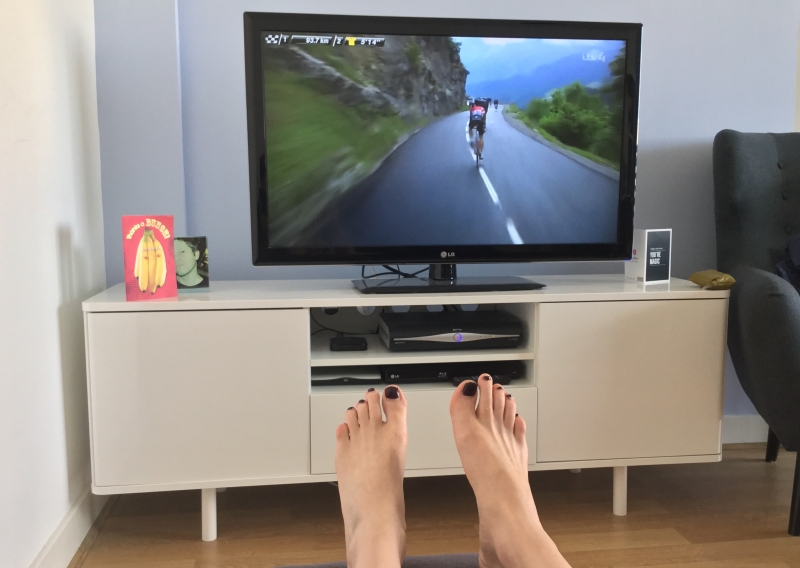
You need good people around you
Nobody wins or even completes the TdF by themselves. Everyone is part of a big team of both riders and support crews. You need a team too.
You don’t achieve your goals by yourself. Actually, let me rephrase that: you’ll achieve your goals a lot sooner/easier and have a lot more fun along the way with a good team around you.
Join a club, go running with other runners, get a coach, get a sports massage therapist, your goals will soon be a lot more achievable. And be part of someone else’s team – help them towards their goals.
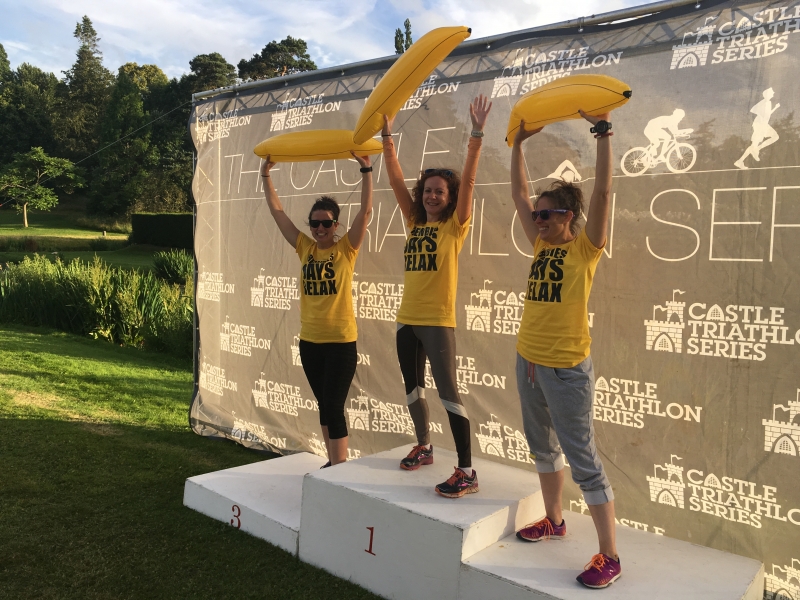
Being part of Cathy’s team
Rest days are a big deal
The whole race stops for rest days. Let the reality of that settle in: a multi-million pound (or rather Euro) marketing and sponsorship opportunity sets days aside when it won’t have athletes and team cars and advertising hoardings parade through the country and won’t have hours of live coverage with regular ad breaks. Instead it lets the athletes rest, because it’s important.
Take your rest days just as seriously as the pros do.
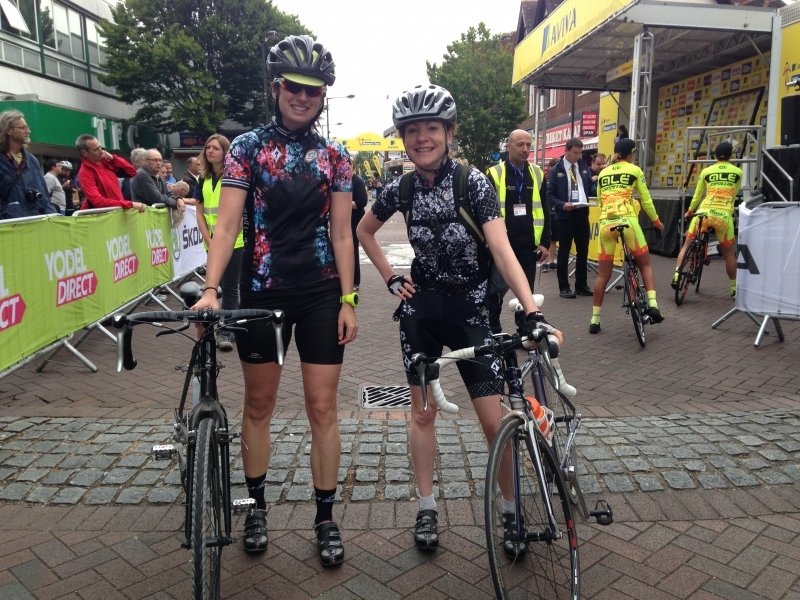
One mountain climber (left), one domestique (right)
We’re all suited to different bits of the same sport
There are riders who are good at climbing up mountains and riders who are good at sprinting. Their different physiology makes them better suited to different aspects of the tour.
Some runners too are better at sprinting, others are better at climbing mountains, some are good at running long, others better at 5K. Unless you want to go pro, I don’t think it’s important to stick to what you’re best suited at physiologically.
What I do think is important though is recognising that our sport has many different sides to it – from track to road to trail and cross country, and distances from 60m to 100 miles or more. You might not enjoy them all, but be willing to try a few and see what you do like.
